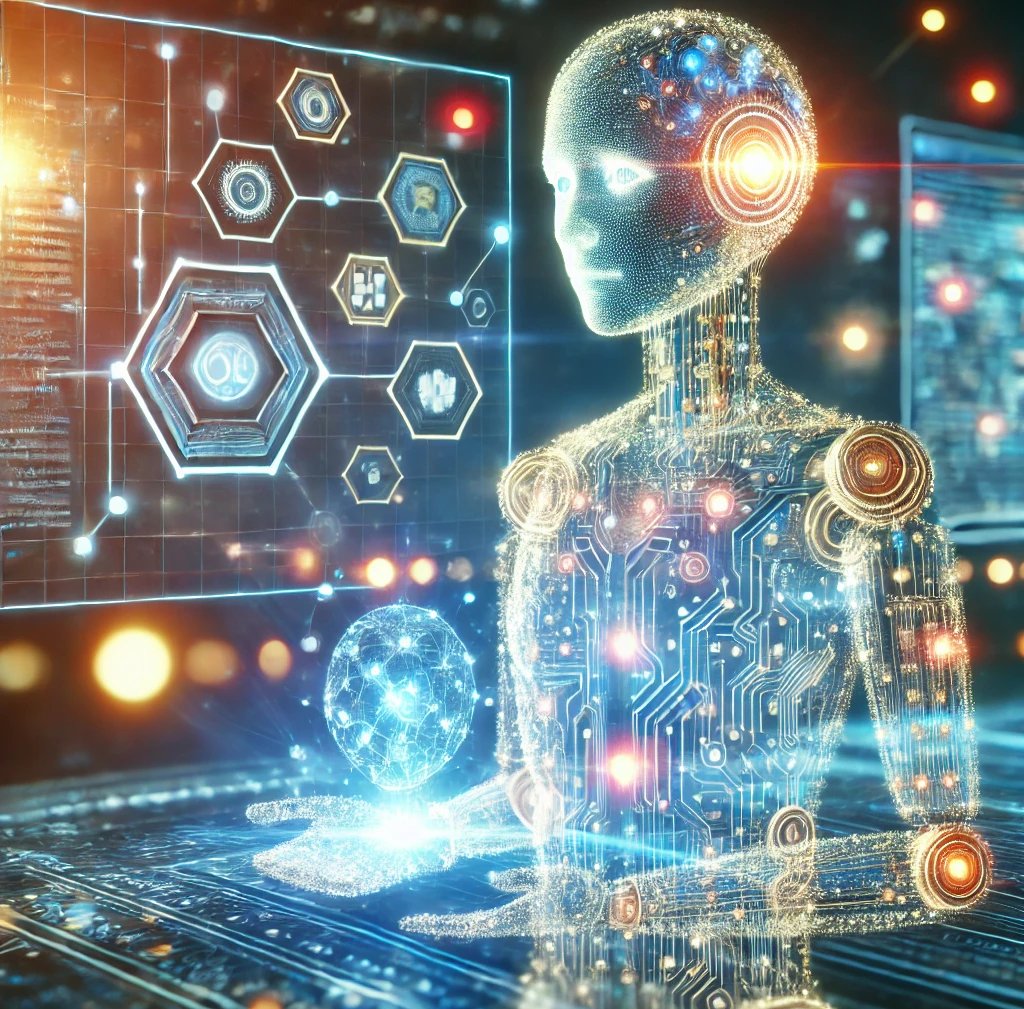What is AI? Understanding the Basics of Artificial Intelligence
Artificial Intelligence, or AI, is a term we hear almost daily, but what does it really mean? For some, it sparks excitement and curiosity; for others, it brings concerns or confusion. But at its core, AI is simply about creating systems that mimic certain human abilities. In this blog, we’ll dive into what AI is, how it works, and how it’s already transforming our lives.


What is Artificial Intelligence?
In essence, AI refers to machines or software designed to perform tasks that normally require human intelligence. From recognizing voices to predicting outcomes, AI uses data and algorithms to understand, learn, and make decisions. It’s not a single technology but rather a broad concept that encompasses various fields like machine learning, natural language processing, and robotics.
How Does AI Work?
AI operates through models and algorithms trained on vast datasets. By analyzing patterns and relationships within the data, AI systems can make predictions or perform tasks. For example, in machine learning (a subset of AI), the system learns by example rather than through explicit programming. The more data it processes, the smarter and more accurate it becomes.
Types of AI in Our Daily Lives
Narrow AI: This is the most common type of AI, designed to perform specific tasks. Virtual assistants like Siri, recommendation algorithms on streaming platforms, and chatbots are all forms of narrow AI.
General AI: This would be an AI capable of performing any intellectual task that a human can. Though it’s a topic of much debate and research, general AI does not yet exist.
How AI is Already Improving Our Lives
AI’s impact is everywhere. It helps doctors diagnose diseases more accurately, automates tedious tasks, assists in finding new cures, and even predicts potential traffic issues. At home, AI can make life easier by helping us manage tasks, providing reminders, or suggesting new shows or songs we might enjoy. For businesses, AI is streamlining processes, analyzing customer behavior, and enabling smarter decisions.
The Future of AI and Its Potential
As AI advances, we can expect even more personalized experiences and smarter solutions to complex problems. However, AI is not about replacing humans but enhancing our capabilities. By understanding the basics of AI, we can appreciate its potential and work towards a future where humans and AI collaborate seamlessly.
Conclusion
Artificial intelligence may seem complex, but at its core, it’s a tool designed to help us. By learning more about it, we can better understand how it fits into our lives and unlock its full potential. Whether it's automating daily tasks, improving healthcare, or helping businesses innovate, AI is transforming our world one step at a time.